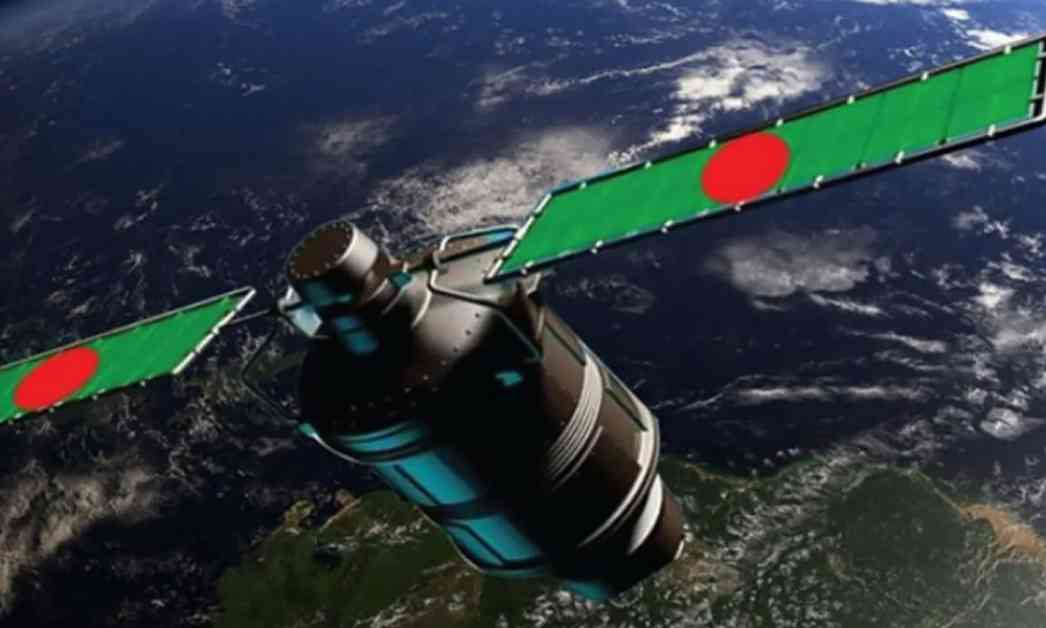The Bangabandhu Satellite, a prominent fixture in the world of telecommunications, has recently undergone a name change, sparking discussions and implications in the tech industry. On March 3, 2025, the satellite’s name change was announced, with various stakeholders weighing in on the decision.
The renaming of the Bangabandhu Satellite has stirred up a whirlwind of reactions and speculations among industry experts and enthusiasts alike. The implications of this change are far-reaching, affecting not only the satellite’s branding but also its impact on the global communications landscape.
Renaming the Bangabandhu Satellite: A Bold Move or Controversial Decision?
The decision to change the name of the Bangabandhu Satellite has raised questions about the significance of such a move. Some argue that the new name reflects a shift in the satellite’s mission and objectives, aligning it more closely with the current technological landscape. Others view it as a controversial decision that could have unintended consequences for the satellite’s reputation and legacy.
Expert opinions on the name change vary, with some applauding the move as a bold step towards innovation and modernization. Others express concerns about the potential backlash from loyal fans of the original name. As the debate rages on, it remains to be seen how the new name will be received by the public and whether it will enhance or detract from the satellite’s standing in the industry.
The Future of the Bangabandhu Satellite: Opportunities and Challenges Ahead
Looking ahead, the Bangabandhu Satellite faces a mix of opportunities and challenges in the wake of its name change. On one hand, the rebranding could open up new avenues for collaboration and expansion, allowing the satellite to reach new markets and audiences. On the other hand, it could also lead to a period of transition and adjustment as stakeholders adapt to the new identity.
Industry analysts are closely monitoring the satellite’s performance in the coming months to gauge the impact of the name change on its market position and customer base. As the satellite navigates this period of change, it will be crucial for stakeholders to stay agile and responsive to emerging trends and developments in the telecommunications sector.
In conclusion, the renaming of the Bangabandhu Satellite marks a significant moment in its history, ushering in a new chapter of growth and transformation. While the decision has sparked debate and speculation, it also presents a unique opportunity for the satellite to redefine its role in the ever-evolving world of technology and communications. As the industry awaits further updates and developments, only time will tell how this bold move will shape the satellite’s future trajectory and impact on the global stage.
